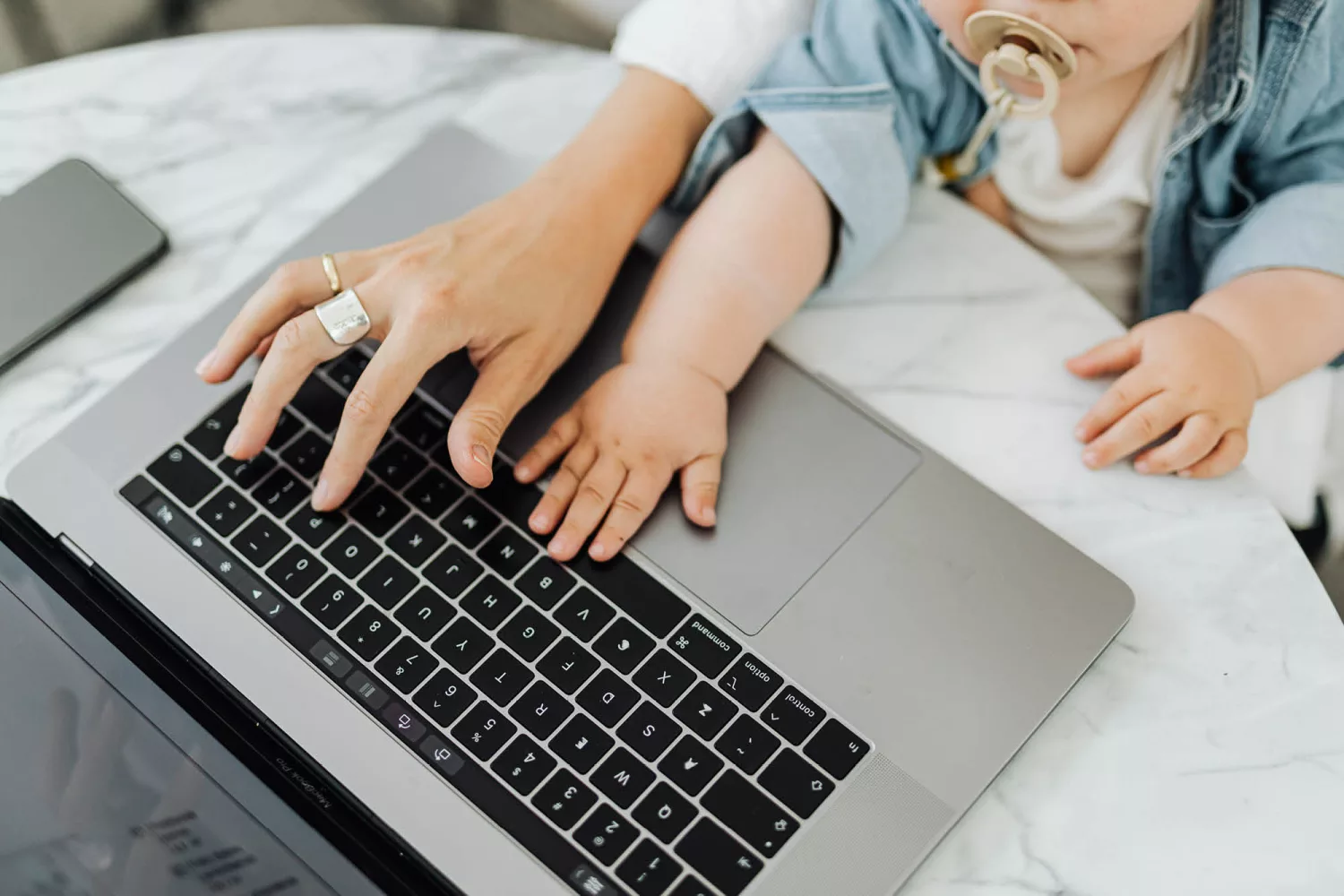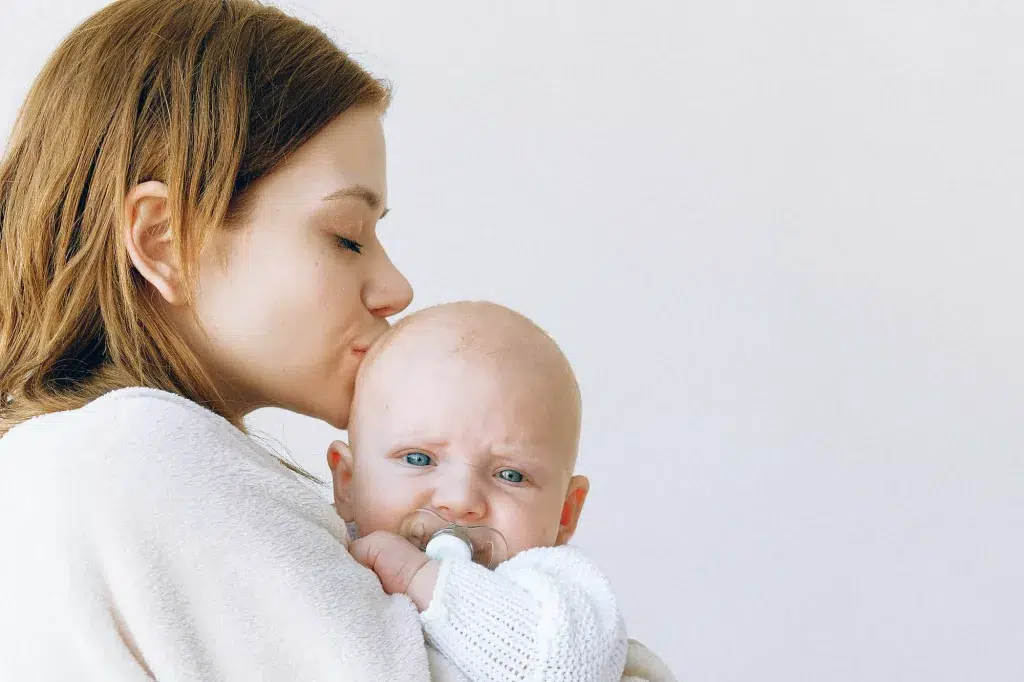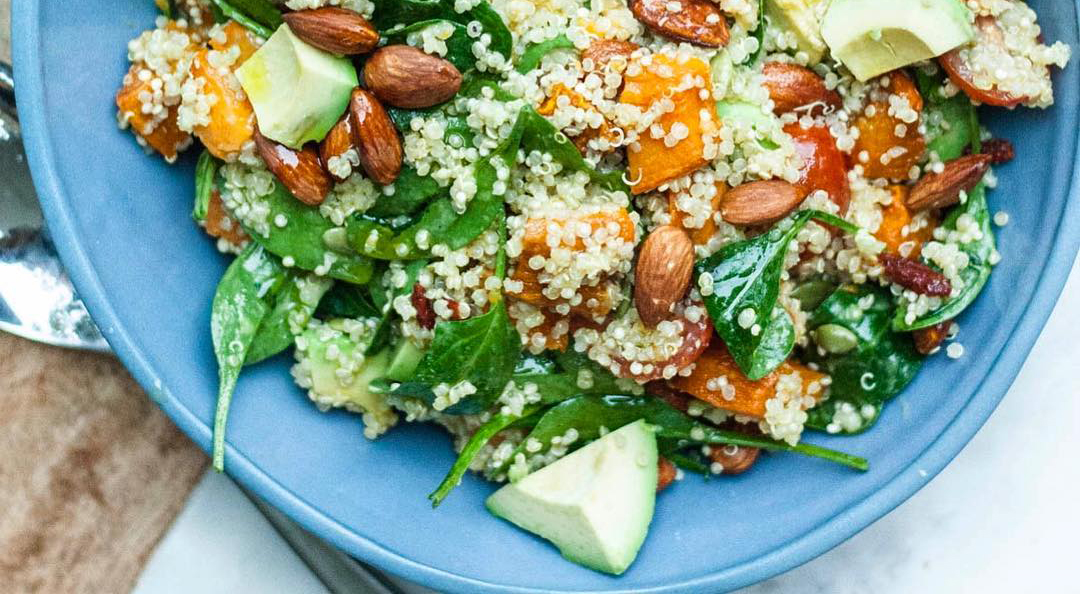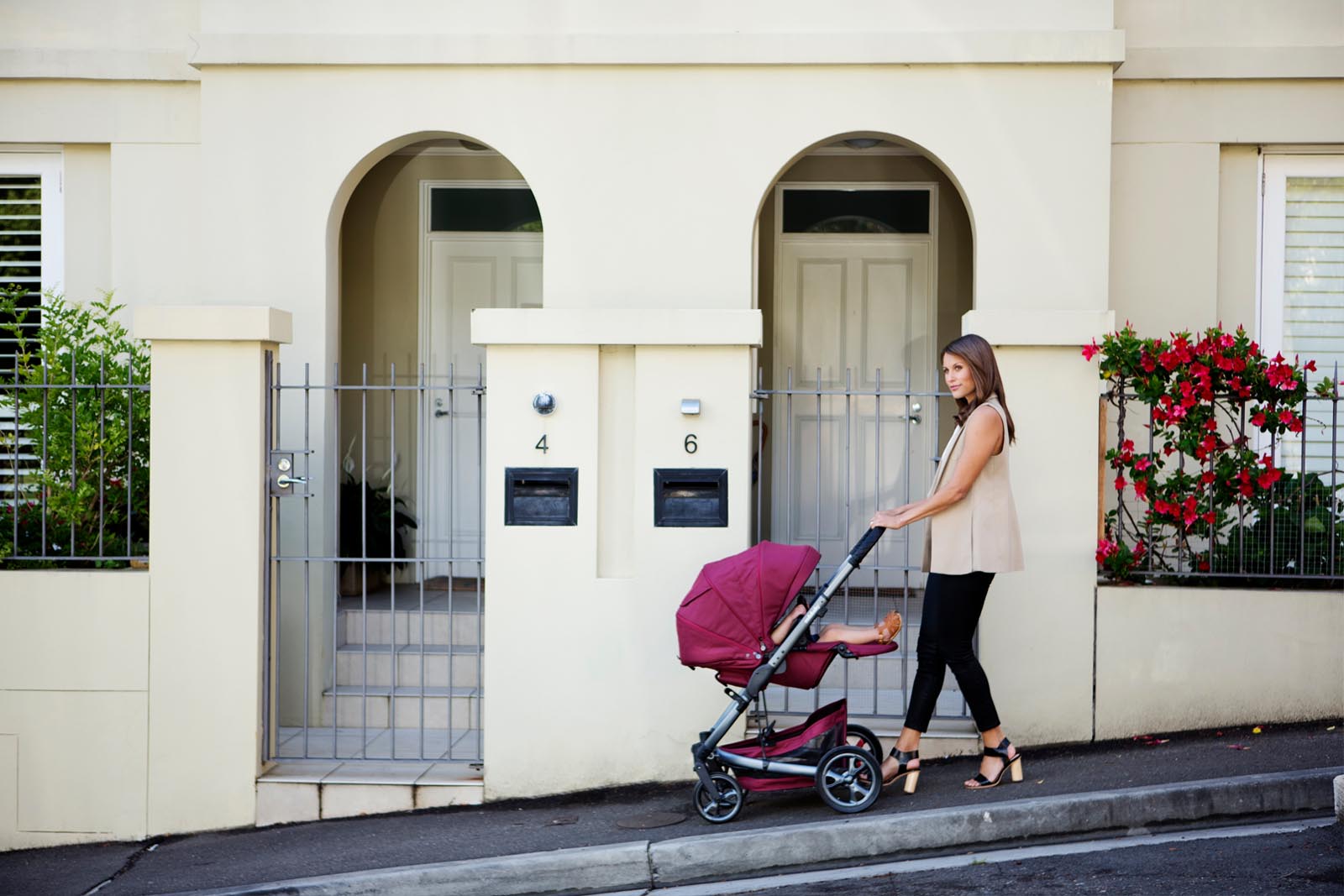Modern mamas are using ChatGPT for medical advice, but is it accurate (and safe)? Let’s take a look.
By Ava Wilde
Let me tell you a heartwarming story that went viral recently. It’s about a mama who had been on a three-year-long quest to uncover the mystery behind her child’s medical illness. She tried everything, countless doctor visits, and tests, but the answer remained elusive… until she turned to our trusty friend, OpenAI’s ChatGPT.
Can you believe it? ChatGPT actually gave her a probable diagnosis of tethered cord syndrome, a rare condition that her doctors had missed. Talk about a game changer!
This highlights how more and more mamas are finding solace in turning to AI for medical advice. We all know that sometimes, healthcare can be a bit of a puzzle, and women often face medical gaslighting or feeling dismissed by healthcare providers. So, why not explore new avenues?
I mean, let’s be honest, we’ve all been there, typing symptoms into Google trying to play doctor for our little ones (or ourselves). But is ChatGPT the answer?
Experts are warning to use ChatGPT, and other AI platforms, with caution and instead think of them as a pimped out Google search, where the information you find can give you some ideas to discuss with your health professional, rather than giving you an actual diagnosis.
Because here’s the thing, AI can’t replicate that human touch that comes with years of medical experience (or tap into human intuition), it can’t look at your child and assess the whole clinical picture, ask clarifying questions, or adapt to changing conditions.
So it might be tempting (especially when it’s the middle of the night), but it’s no substitute for real medical expertise.
“WE’VE ALL BEEN THERE, TYPING SYMPTOMS INTO GOOGLE TRYING TO PLAY DOCTOR FOR OUR LITTLE ONES (OR OURSELVES). BUT IS CHATGPT THE ANSWER?”
How does ChatGPT work?
If you’re new to AI, you might be wondering how it actually works. Well, it scours the internet for medical info and generates responses based on what it finds. It’s like having a medical encyclopedia without the ability to truly understand your unique situation.
The other big thing to think about is the internet can be a wild place, full of misinformation – it’s a bit of a gamble.
So, modern mamas, think of ChatGPT as a useful resource in your parenting toolbox, but remember, it’s no substitute for an actual doctor’s expertise. It should complement, not replace, professional medical advice. Stay informed, but stay safe!
Sign up to our newsletter for weekly mama goodness delivered straight to your inbox, like the VIP that you are.






